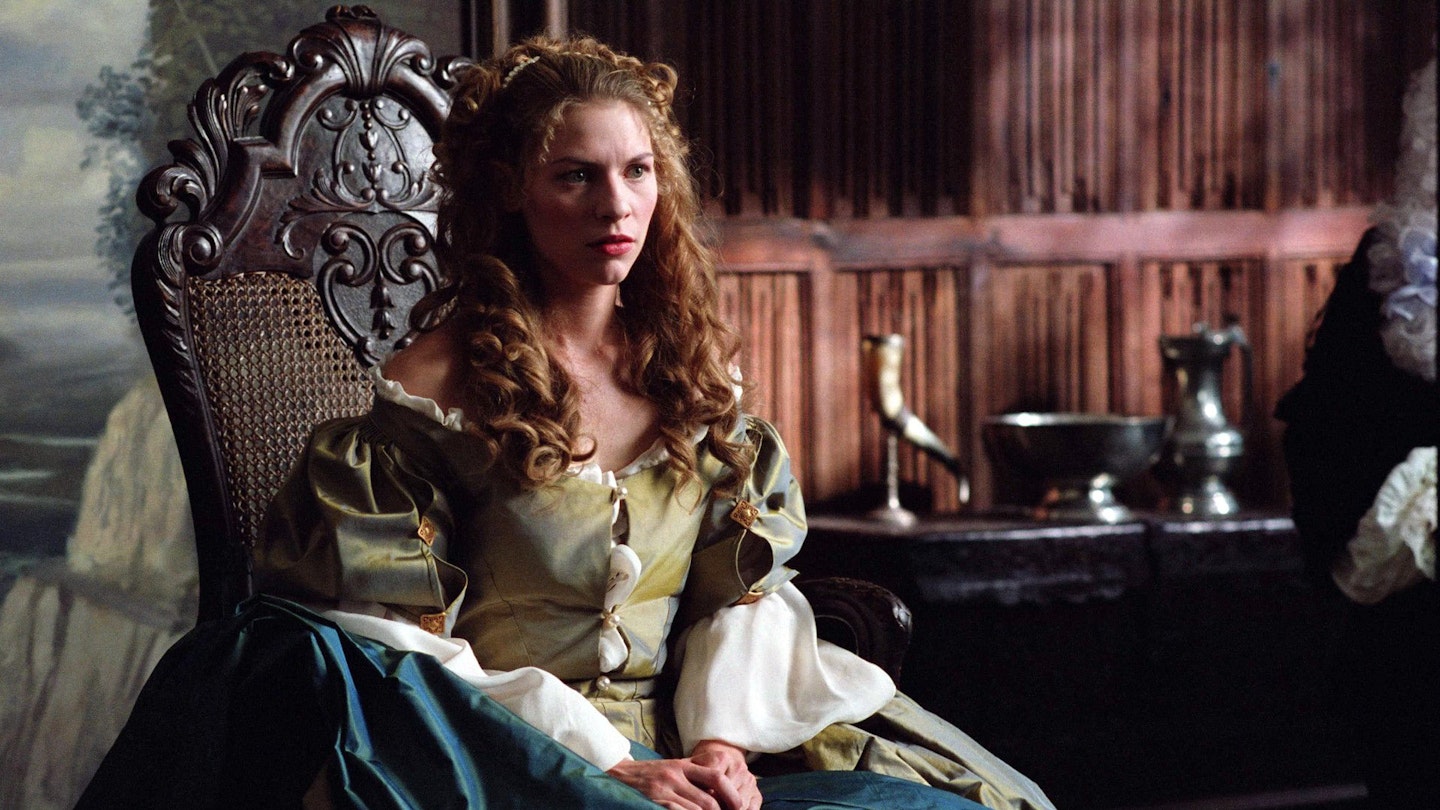When a successful stage play becomes a movie, one of two things tends to happen. Either it struggles and fails to break free of its theatrical straitjacket; or it evolves comfortably into big-screen form, its text gaining multiple layers of meaning along the way. Jeffrey Hatchers adaptation of his original play, Compleat Female Stage Beauty, is very much the latter a film that, despite being about theatre itself, is remarkably cinematic and entirely unafraid to revel in the English language.
At the 1998 Academy Awards, Miramax muscle helped Gwyneth Paltrow blub her way to an Oscar as Shakespeare In Love edged out Saving Private Ryan and Elizabeth. There are similarities here cross-dressing, Shakespeare and in-the-wings shenanigans set in ye olde days but Stage Beauty is the better movie by far.
Its historically accurate(ish) story of the last male actors to achieve stardom exclusively in female roles is the starting point for an exceptionally rich exploration of gender, ambition, sexuality, politics, ego and the true nature of acting.
And anything Gwyneth can do, Billy can do better. Crudup (the thinking mans Johnny Depp?) climbs completely inside Ned to the extent that every step, every look, every flick of a limp wrist exists in a fluid boundary between masculine and feminine, neither wholly one nor the other, but undoubtedly containing something of both. Its a tremendously graceful physical performance that doesnt ignore the emotional and psychological repercussions on the character.
Meanwhile Danes, so beautifully fragile in Baz Luhrmanns Romeo + Juliet, must have a thing for the period, because this is the best performance of her young career. Not only does she capture all of Marias contradictions (particularly the mix of love, awe and annoyance with which she views Ned), but her transformation from bad actress to breathtaking Desdemona is a little masterclass in itself.
One key sequence, in which Maria and Ned switch from one sexual position to the next, questioning who is the man and who is the woman, is not just thematically relevant it is also, in their hands, one of the most intimate and erotic sex scenes in recent memory.
